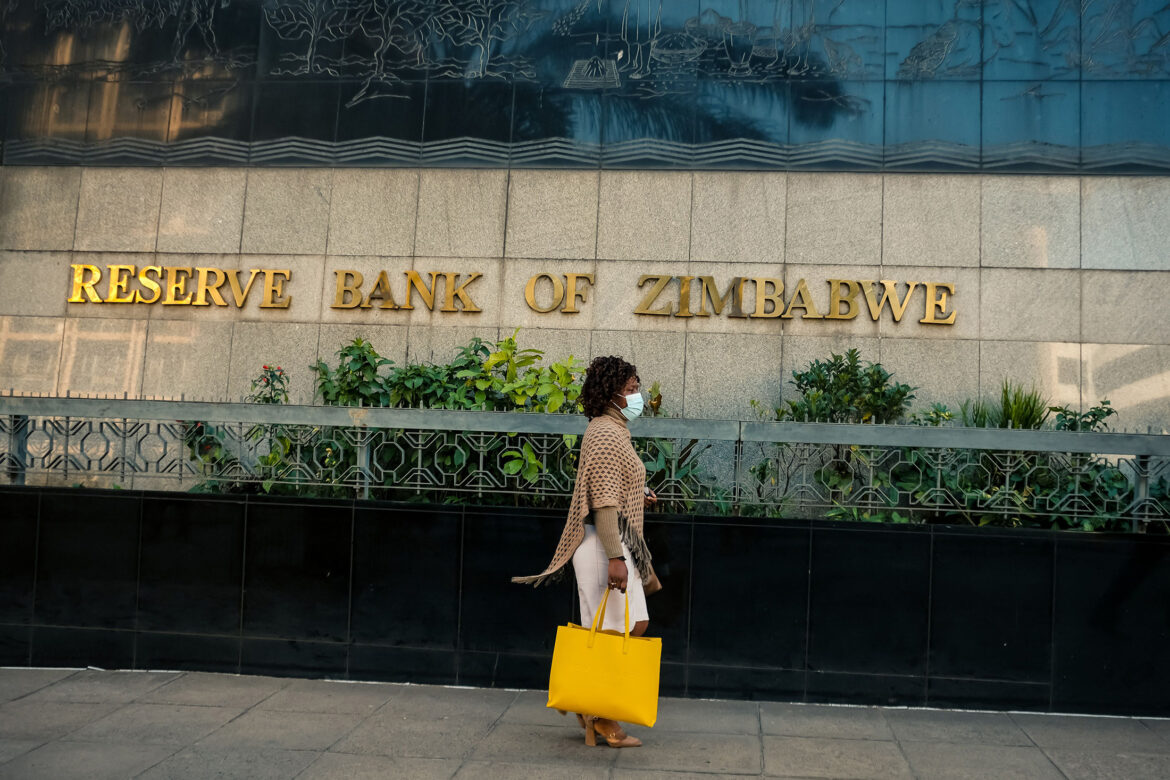
The IMF is upset at Zimbabwe decision to introduce Gold-Backed Digital Currency as a strategic solution.
Zimbabwe’s recent decision to launch a gold-backed digital currency has garnered attention both domestically and internationally. The move comes as the nation seeks to stabilize its economy and counter the persistent depreciation of the local currency against the US dollar. However, the International Monetary Fund (IMF) has expressed caution.
Overview of the Gold-Backed Digital Currency:
Zimbabwe’s central bank has launched a groundbreaking gold-backed digital currency, offering tokens at affordable prices. Individuals can acquire tokens for as low as $10, while corporations and other entities can participate at a minimum investment of $5,000. The tokens come with a reasonable vesting period of 180 days and can be conveniently held in e-gold wallets or on e-gold cards.
Strategic Objectives and Benefits:
The introduction of a gold-backed digital currency demonstrates Zimbabwe’s proactive approach to addressing economic challenges. By leveraging the country’s abundant gold reserves, Zimbabwe aims to create a stable and resilient currency that inspires confidence among its citizens and foreign investors alike.
One notable advantage of a gold-backed digital currency is the potential for increased economic stability. The value of the digital currency is intrinsically linked to the value of gold, a globally recognized and valued precious metal. This connection offers a hedge against inflation and currency devaluation, which can contribute to a more robust and predictable economic environment.
Additionally, the implementation of a digital currency promotes financial inclusion and accessibility. By utilizing e-gold wallets and cards, Zimbabwe enables its citizens to securely participate in the digital economy. This digital infrastructure can empower individuals and businesses, fostering innovation, and facilitating convenient financial transactions.
Zimbabwe’s decision to introduce a gold-backed digital currency showcases the nation’s innovative and strategic approach to economic stabilization. By leveraging its significant gold reserves, Zimbabwe aims to create a stable and resilient currency that can counter the depreciation of the local currency against the US dollar.
While the IMF has expressed caution, it is essential to recognize the potential benefits of this initiative. A gold-backed digital currency has the potential to foster economic stability, protect against inflation, and promote financial inclusion. It is crucial for Zimbabwe to proceed with a careful and measured approach, ensuring the necessary technological infrastructure and effective governance to support the digital currency system.
Zimbabwe’s commitment to finding creative solutions to address economic challenges deserves commendation. As the nation moves forward with the implementation of the gold-backed digital currency, it is imperative to continually evaluate its effectiveness and adjust strategies accordingly. By capitalizing on this innovative approach, Zimbabwe can pave the way for a more stable and prosperous economic future.



